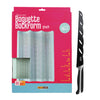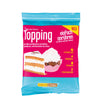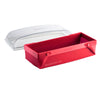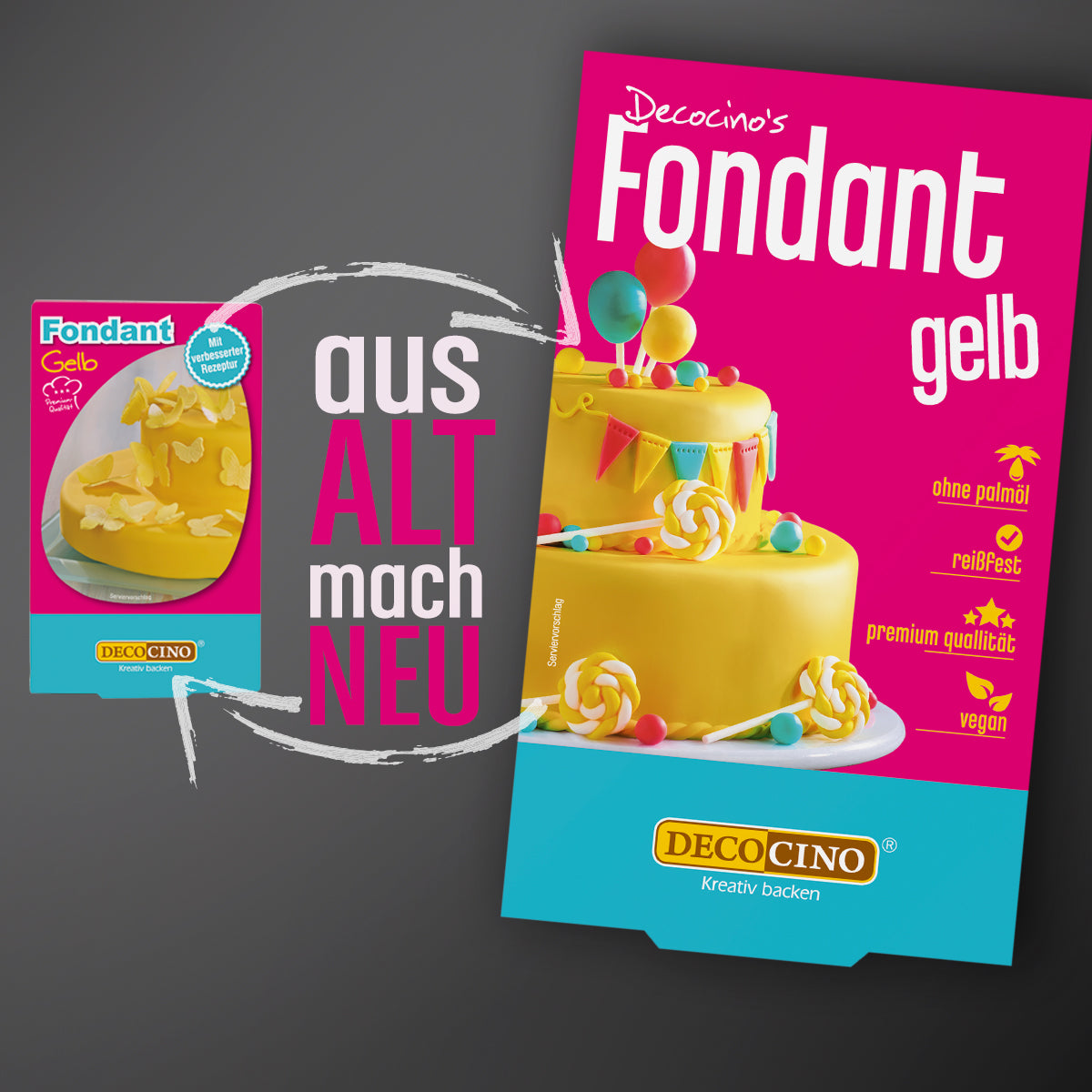Text by Ulla Cramer (IHK Magazine Rhein-Neckar 10/2021)
Some business ideas develop spontaneously - like Rüdiger Settelmeier, who in 2009 searched in vain for a Winnie the Pooh cake tin in retail stores and on the Internet to fulfill his niece's wish. "I'm sure there are more children who want a birthday cake with their favorite film character on it," he thought, and took action. Just one year later, he founded the company Dekoback for baking accessories and ingredients together with Sascha Hohl and Ceyhan Serbest. Today, Dekoback, based in Helmstadt-Bargen, has around 120 employees, expanded its warehouse to around 12,000 square meters in August, and markets its cake and tart decorations in over 30,000 sales outlets worldwide. The range of 200 products bears the brand name Decocino and has since been supplemented by an organic line. Industry and large bakeries are supplied with the brand "Dekoback Industry".
"It all started with an online shop," remembers Sascha Hohl, "But then the toy retailer 'myToys' approached us as one of the first B2B customers and we entered the stationary retail trade. Today we sell our goods primarily in the food trade. Here we are listed with all the major players in the industry." His company scores points above all with its own national sales team with 22 permanent employees who not only continuously look after the shelves filled with Dekoback products, but also showcase the range of products with exciting special offers at the point of sale in an eye-catching way - if Corona allows it.
"In the food retail sector, we are operating in an industry that is expanding rapidly online - but the share of online sales in the industry's total sales is still only two percent, even after the strong growth rates of the past few months, and is therefore at a very low level," the entrepreneur describes the current situation. "Nevertheless, we are expanding our online activities via a subsidiary with our own web shop and are also increasingly using the large platforms such as Amazon."
The e-commerce business now accounts for around five percent of sales and will continue to grow. The company is also active on social media and works closely with YouTuber Saliha Özcan, alias Sally, and her large baking community, which also offers products made by Dekoback under its own brand. According to Hohl's experience, sales in these two areas differ fundamentally in terms of the demands placed on employees, which is why these two topics were separated. "In traditional sales, it's about contacts and communication, while in the online area, technical know-how is the main focus - a completely different background is required."
In fact, brick-and-mortar retail is still the most important sales channel for German retailers. In a study conducted by the ibi Research institute at the University of Regensburg together with the Chamber of Industry and Commerce in 2020, 79 percent of retailers surveyed said they sold their products in brick-and-mortar stores. But that was six percentage points less than in the previous study from 2017 - a clear downward trend. In the same year, 87 percent of participants in a parallel survey also assumed that by 2030 most stores would also offer digital services.
Many retailers may have thought at the time that a lot of water would still flow down the Rhine before then. But the pandemic came, consumers reoriented themselves - and an online presence became an existential question for many retailers. 35 percent of retailers surveyed by ibi Research in another study in November 2020 confirmed that they had initiated new digitization projects and brought forward planned measures due to the corona crisis. Social media activities were started, websites and online shops were created, and online marketplaces became increasingly popular. And: It was shown once again that digitization is not only necessary to retain existing customers, but also to open up new target groups. "Online and offline," experts advise, "should no longer be thought of as two business models, but should be developed and implemented as a unified business strategy."
The Chambers of Industry and Commerce are aware of the importance of digital solutions for the future of inner cities, as the four Chambers of Industry and Commerce in the Rhine-Neckar metropolitan region recently emphasized in a mission statement on the future of the inner city, and, like the German Retail Association (HDE), are also appealing for political support. The focus is on tax relief and subsidies for technological development at the point of sale and the active use of digital means to revitalize German inner cities.
The situation in retail continues to be shaped by the business closures during the lockdown of the past few months. Overall, the HDE expects sales growth of 1.5 percent without further lockdowns and with low infection rates, with online retail remaining the main driver. This is expected to increase its sales by almost 20 percent in 2021, while the stationary sector will lose around 1.1 percent of its revenue.








